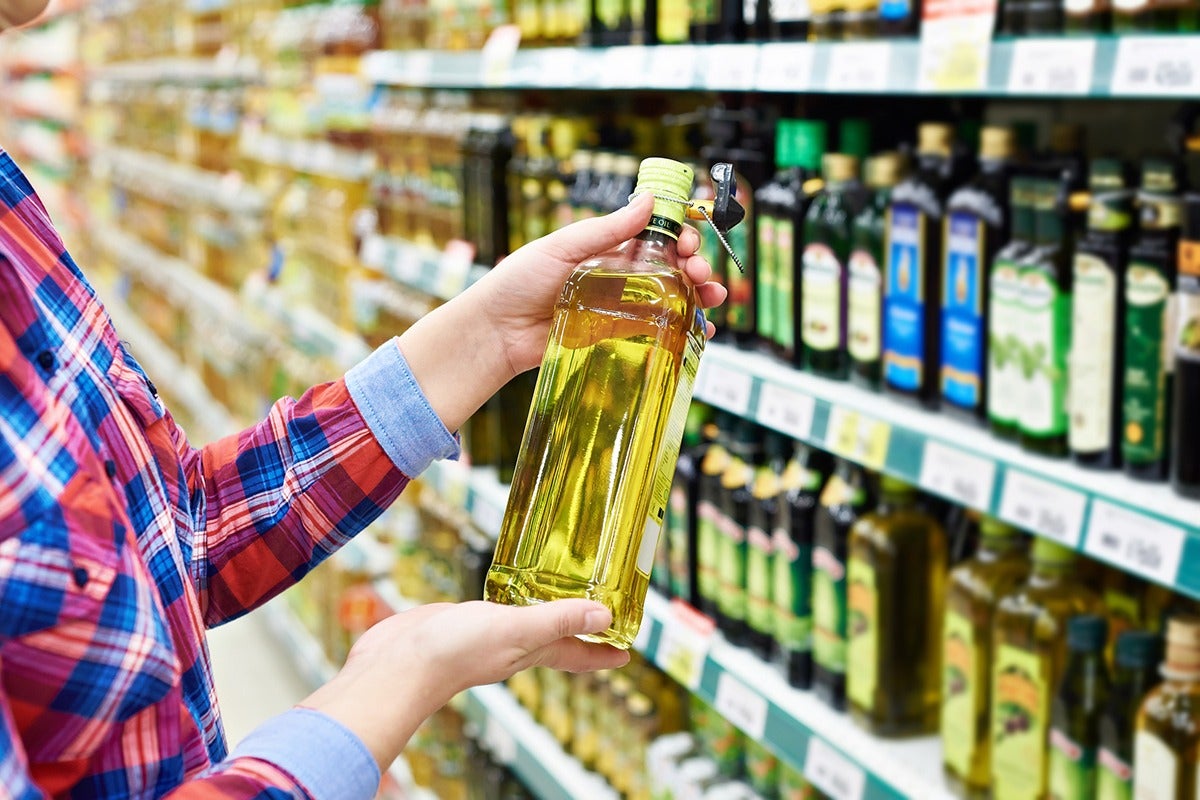pjgtech
Well-Known Member
- Relationship to Diabetes
- Type 2
Ok, so seem to remember reading somewhere that diabetics should avoid vegetable oils in cooking and maybe stick to olive oil, or extra virgin olive oil, is this correct?
And if so, why?
My wife and I don't use a lot of oil anyway, we have an air fryer, which obviously uses only very small amounts of oil, and if frying, etc we tend to use those one cal type oil sprays.
What is the issue with vegetable oils, eg: rape seed oil, sesame oil, etc?
NB: I note in the carbs and cal counter book, it lumps veg oil and sesame oil in with olive oil and gives the same results.
I understand the issues with Palm oil, as its grown ever more and takes up land which could be used for other agricultural uses, etc, so there are environmental issues, (plus has lots more cals and fats) etc.
Cheers
And if so, why?
My wife and I don't use a lot of oil anyway, we have an air fryer, which obviously uses only very small amounts of oil, and if frying, etc we tend to use those one cal type oil sprays.
What is the issue with vegetable oils, eg: rape seed oil, sesame oil, etc?
NB: I note in the carbs and cal counter book, it lumps veg oil and sesame oil in with olive oil and gives the same results.
I understand the issues with Palm oil, as its grown ever more and takes up land which could be used for other agricultural uses, etc, so there are environmental issues, (plus has lots more cals and fats) etc.
Cheers

